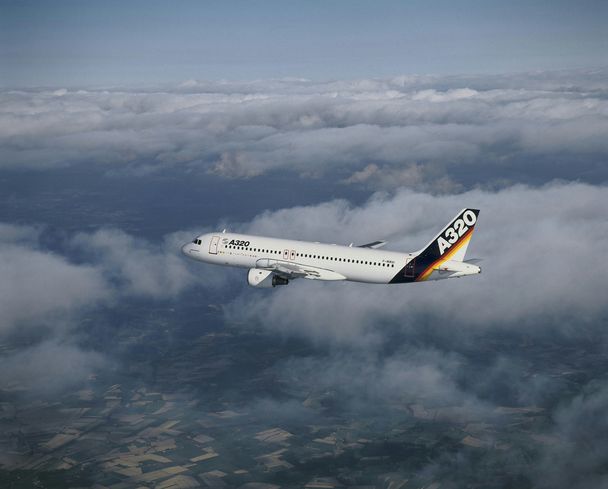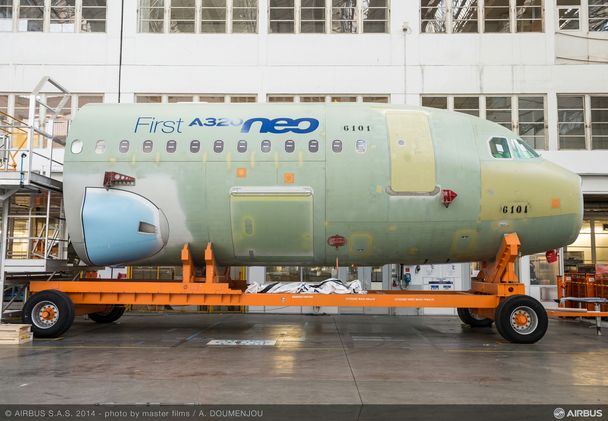40 years of A320 Family innovation

The 40th anniversary of the A320 programme, launched in March 1984, is a great time to pay tribute to the A320 Family and look back over four decades defined by confidence, boldness, innovation and, above all, success!
Over the past half-century, Airbus has gone from humble outsider to world leader in aeronautics. The company owes its success in large part to a programme that has grown steadily over the decades to become the ultimate benchmark in its category: the A320 Family.
When the A320 was launched, the programme counted 80 orders from five companies including British Caledonian and Air France. Over the years, the A320 and its subsequent variants the A318, A319, A321 and the game-changing neo (New Engine Option), have consistently demonstrated versatility, fuel efficiency and attractive range, making the programme a preferred choice among customers. Indeed, the A320 Family order book today stands at 18,460 aircraft (end of February, 2024) making it the world's best-selling commercial aircraft.
Customers continue to place their confidence in the A320 Family. 2023 saw the figures increase once again: more than 1,800 aircraft were ordered by customers worldwide. This figure, the largest ever registered in a single year, included 500 A320 Family aircraft for Indian airline IndiGo alone, which made history with this record order.
The A320 family’s stunning success can be attributed to a number of factors. Over the years Airbus, its suppliers and partners have successfully mobilised the know-how, skills and passion of a growing number of people, at an increasing number of production sites around the world. Final assembly lines in Tianjin (China) and Mobile (Alabama, USA) have joined Toulouse and Hamburg to meet growing customer expectations in terms of deliveries.
Forty years of A320 Family innovation
The A320 programme incarnates four decades of continuous improvement and bold innovation, from advanced avionics to Sharklet wingtips and the Airspace cabin. One of the A320 Family’s most revolutionary features is its pioneering use of fly-by-wire (FBW) technology. Introducing a digital control system to replace conventional manual flight controls was a technological leap forward that enables smoother aircraft handling, increased efficiency, and enhanced aviation safety.
The 2010 decision to re-engine the A320 Family made the New Engine Option a significant development not only for Airbus but the commercial aviation sector as a whole. Offering improved fuel efficiency, reduced emissions, and lower operating costs, the neo became an overnight best-seller. Airbus now counts over 10,000 A320neo orders on its books, way more than originally expected.

These neo orders include 550 A321XLRs. The A321XLR, the latest member of the family, is due to enter into service in 2024. It's another game-changing aircraft: able to connect more people on more routes more efficiently than any other single-aisle aircraft flying today it will reshape long-haul travel and play a pivotal role in the evolution of commercial aviation.
The urgent need to decarbonise economies and societies, and aviation in particular, means the A320 Family is sure to play a key role into the future. Burning 20 to 30% less fuel than previous generation aircraft, each neo that is delivered paves the way towards a lower carbon future.
Preparing the future
The next decade will be decisive for Airbus. The company will develop a hydrogen-powered airliner and a fuel- and CO2-efficient successor to the A320 simultaneously. This will require considerable resources, for which the A320 Family will be the major contributor. This will probably be the iconic aircraft’s last, but not least, contribution to the future of the aeronautical industry it has shaped so profoundly since 1984.
Stay tuned for more news of the A320 Family.



